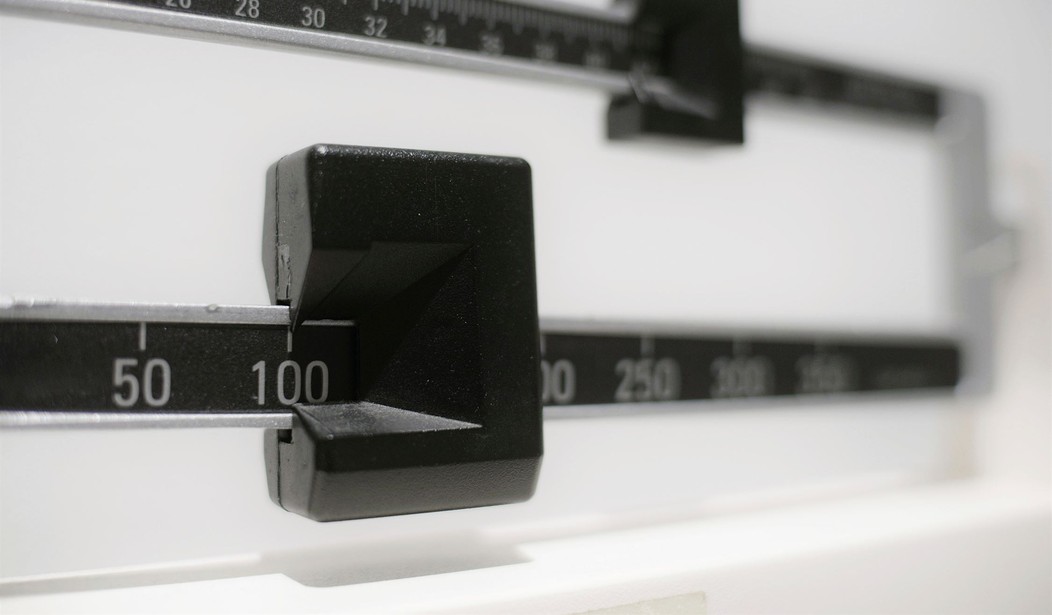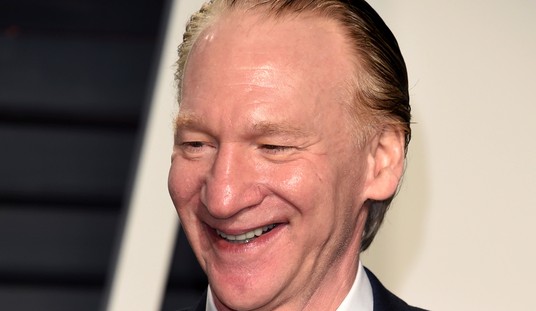This week in answers to questions no one outside of a Gender and Women’s Studies faculty ever asked, a Social Jusice™ aficionado at Glam magazine has endeavored to elaborately explain the difference between two fanciful concepts: “body positivity” and “fat liberation.”
“Body positivity,” according to Josee Ng, refers to “a movement [to] fight appearance stereotypes and empower people to cherish the skin they wear, regardless of their size, shape, skin tone, or other physical characteristics that are deemed unattractive by society.”
“Fat liberation,” which Ng notes is often erroneously conflated with “body positivity,” refers to “a social movement that seeks to liberate obese people from the stigma and oppression toward overweight individuals by raising awareness among the general public.”
Let’s embark together on a Social Justice™ journey through the impenetrable morass to learn more.
Via Glam (emphasis added):
“Back [in 2010], the term ‘body positivity’ was interchangeable with the fat acceptance tag, as many larger fat plus-size people were using both hashtags at the same time,” plus-size blogger Stephanie Yeboah tells Vice. “Back then, it felt like a safe space for larger fat Black women and women of colour to celebrate our bodies, and speak about our traumas surrounding fatphobia and society policing our bodies. The movement in 2011 and 2012 was incredibly diverse, featuring an array of different shaped bodies, sexualities, identities, abilities and races. It felt safe.”…
Body positivity is often mistaken with fat liberation because it has roots in the fat acceptance movement. Fat acceptance activists who fight for fair treatment of people of size in healthcare, fashion, and employment are commonly referred to as champions of “fat liberation” or “fat rights,” Verywell Mind points out. “Fat people exist within every marginalized identity; NAAFA is uniquely positioned to work toward liberation for all,” writes NAAFA on its website.
Per an article published in the Canadian Medical Association Journal, people have a way of racializing obesity, and those with obesity are often seen as marginalized groups, even in a clinical setting. Few of us are immune to numerous embedded presumptions about fatness, considering we live in a society that glorifies shining examples of weight loss and body image restoration. To overcome the weight-based stigma, we need more than a set of do’s and don’ts.
I have previously documented elsewhere the surreal Social Justice™ intersection of “body positivity” and racial equity.
Continuing:
In other words, body positivity is not so much about being fat or thin as it is about inclusion and self-love. On the other hand, battling weight bias has been at the heart of the philosophy, action, and radicalism of fat liberation since its inception. Body positivity might encapsulate fat liberation, but fat liberation is not adequately representative of body positivity.
If body positivity is about changing one’s own mindset, fat liberation is focused on altering the general public’s opinions about fat people. It’s up to each person to decide which is harder — changing our own views or changing the views of others. But what we know is that the fight for justice and equality for fat people is still a work in progress.
So if we can extrapolate any concrete conclusions from this word salad buffet served up to soothe fat women’s egos, “fat liberation” is about “radical self-love” among fat people exclusively while “body positivity” is about “radical self-love” for fat people and everyone else with abnormal physical traits. It’s inclusive.
Having considered deeply the argument offered by fat apologist Josee Ng, I’m going to go on the record with a hot take: “body positivity” and “fat liberation” are both equally moronic terms that betray the ideological capture of anyone who uses them non-ironically.
On the “body positivity” score, becoming so bloated that one breaks the BMI scale is not “positive,” nor is it “loving” of one’s body. On the contrary, it sets the individual up for a shortened lifespan, which while it lasts will be spent in a state of chronic disease (an objective negative). It also necessarily fuels a derogatory, decidedly non-loving self-image — which is why there’s a whole cottage industry to assuage the self-loathing of fat people in the first place. If they felt good about themselves, they wouldn’t need an overpaid Glam journalist to affirm their obesity.
On the “fat liberation” score, the term conjures up images of obese people packed like cattle into freight trains by some skinny despot who has seized the reins of power on their way to a work camp to slave away producing munitions for the Great War against the obese nations of the world.
What they mean by “liberation” is liberation from social judgment and self-judgment regarding their physical state. The problem, for anyone plugged into reality, is that shame is a necessary and productive social function that discourages harmful behavior like having a BMI of 40.










